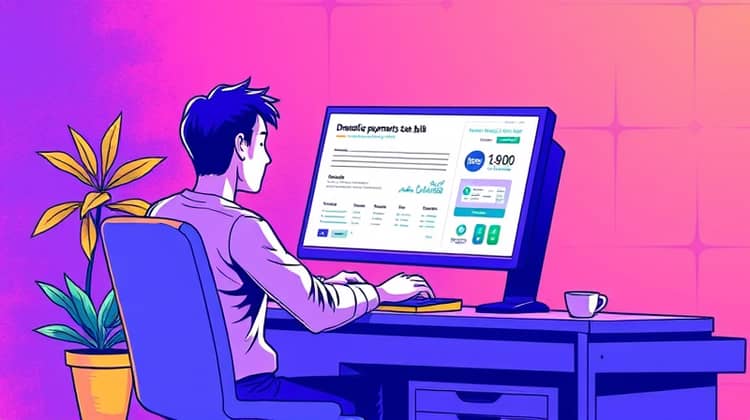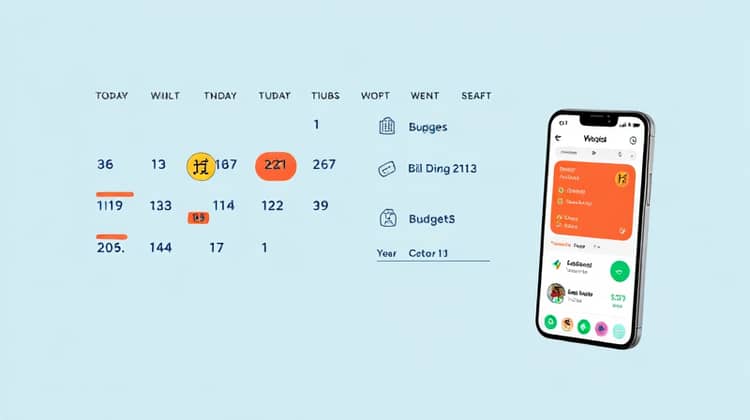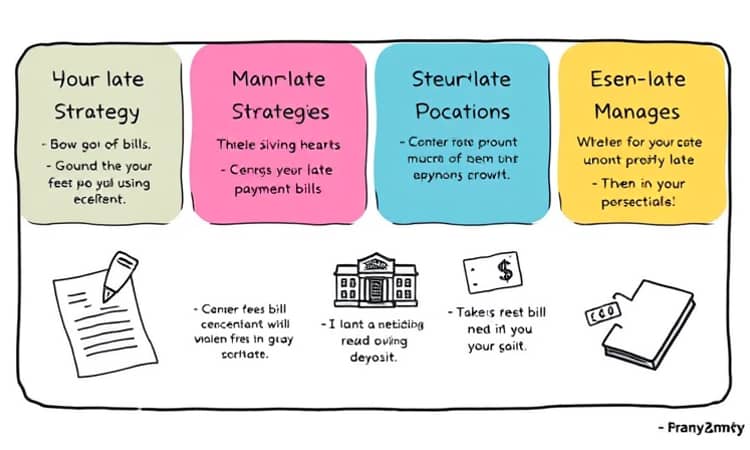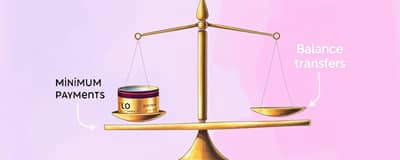Late payment fees can add up quickly, eroding your finances and causing unnecessary stress. Fortunately, there are several proactive strategies you can implement to avoid these unwanted charges. By setting up a clear system for managing your bills, you can simplify your payments and maintain better control over your finances.
In this article, we will explore five effective strategies to help you avoid late payment fees. Implementing these tips can not only save you money but also give you peace of mind as you navigate your financial responsibilities. Let's get started with the first strategy.
1. Set Up Automatic Payments

Automatic payments can be a game changer for your financial management. By scheduling recurring payments for bills, you ensure that you never miss a due date and save yourself from late fees.
Most service providers and creditors offer the option to set up automatic payments using your bank account or credit card. This feature can typically be managed through their online platforms. It’s convenient and saves you the hassle of remembering each due date.
- Check with your bank or service provider to set up automated payment systems.
- Choose a payment method that aligns with your financial situation, such as credit cards for manageable bills or bank transfers for fixed amounts.
- Review your automatic payments regularly to ensure they align with your current bills.
While automatic payments are an effective tool, it's essential to keep an eye on your account balance. Unexpected charges can result in overdrafts, so monitor your finances regularly.
2. Create a Bill-Paying Schedule

Creating a bill-paying schedule can help you stay organized and prevent any accidental missed payments. By knowing exactly when your bills are due each month, you can plan accordingly and ensure funds are available.
Consider using a calendar or a budgeting app to mark when each bill is due. This visual representation will serve as a reminder and help you avoid late fees by diversifying your payment dates throughout the month.
- List out all your recurring bills and their due dates.
- Allocate specific days of the month to focus solely on paying bills.
- Prioritize bills based on their due dates and amounts owed.
A well-planned schedule will not only help eliminate late payments but will also give you a clearer picture of your overall financial situation.
3. Use Technology to Your Advantage

In today's digital age, technology can be a powerful ally in managing your bills efficiently. From budget-tracking apps to calendar reminders, utilizing these tools can make bill management easier and more effective.
- Use budgeting apps to track income and expenses.
- Set digital reminders for upcoming bills on your phone or computer calendar.
- Utilize online banking features to schedule payments in advance.
Embracing technology helps streamline your financial practices, making it less likely for you to forget payment deadlines.
4. Consolidate Your Bills

Consolidating your bills into one payment can also be a great way to simplify your finances. Instead of juggling multiple payments, reducing them to a single condensed bill can help you keep better track of your obligations.
- Look for services that allow you to combine different bills into one monthly charge.
- Consider options like family plans or bundled services for subscriptions.
- Review your providers to see if they offer consolidation plans.
This not only saves you time but also minimizes the chance of missing multiple payments, consequently reducing late fees.
5. Negotiate Due Dates

If you're struggling to keep up with payment due dates, consider reaching out to your service providers. Many companies are willing to negotiate due dates based on your personal situation and preferences.
By adjusting your due dates to align with your pay schedule, you can create a more manageable system for yourself that reduces the risk of missing payment deadlines.
- Contact your providers to discuss your due dates and see if adjustments are possible.
- Align due dates with your pay schedule for easier management.
- Consider splitting large payments into smaller, more manageable amounts.
Negotiating due dates can provide you with the flexibility needed to manage your finances better. These conversations can also lead to more secure payment practices, helping you avoid the pitfalls of late fees in the future.
Conclusion

Navigating finances in today's world requires a proactive approach to avoid unnecessary fees, and the strategies outlined above can significantly reduce late payment charges. By implementing these tips, you place yourself in a more stable financial position.
Whether it's setting up automatic payments, creating a structured schedule, or using technology, each strategy plays a crucial role in maintaining financial health. Make small changes today, and you'll notice the difference tomorrow.














